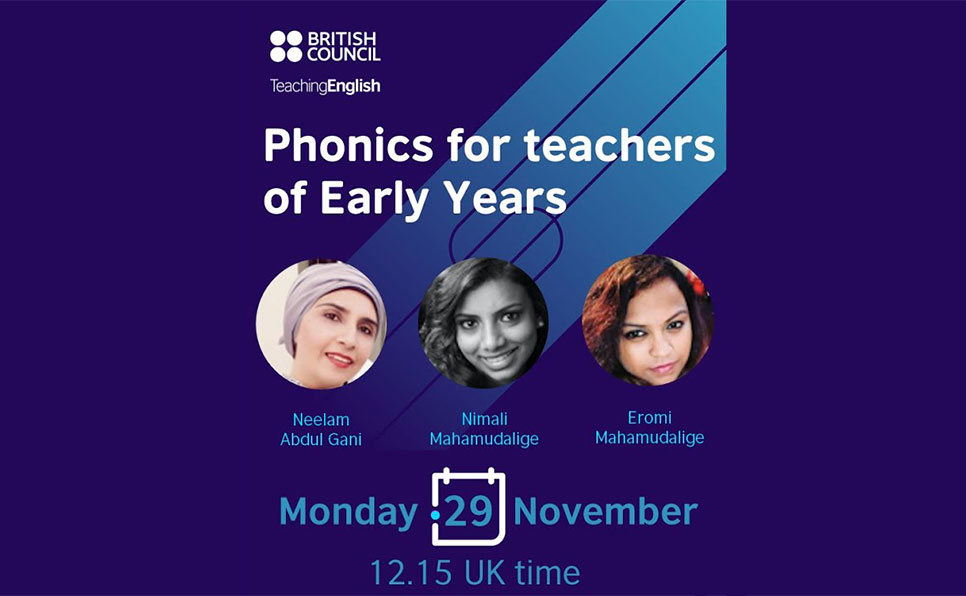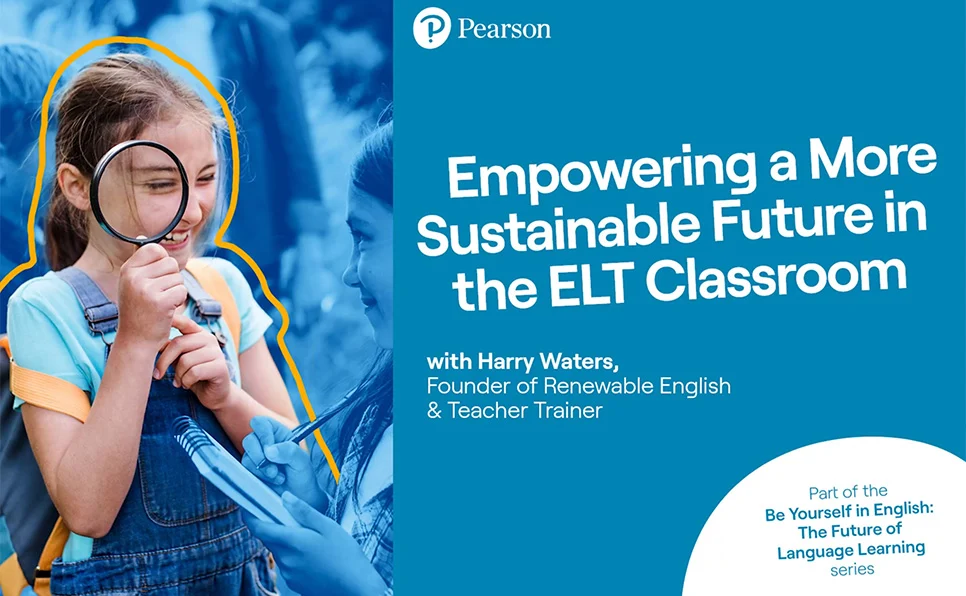This presentation explores Project-Based Learning (PBL) in assessing young EFL learners, drawing on a study of 39 teachers from nine countries. It examines PBL principles, formative assessment techniques, and teachers’ views on PBL’s benefits and challenges. The session offers guidance on making PBL accessible and showcases successful examples from YLs, highlighting effective methods for introducing driving questions, brainstorming, scaffolding, and presenting final projects.
Elena, the speaker of the video, talks about Project-based learning (PBL) and how to implement it as a formative assessment tool. She starts by asking the audience about their experience with PBL and their familiarity with it. Then, she defines PBL as a learning approach where learners work in groups for a planned period to research a phenomenon or answer a question, and produce end products in the target language. She highlights that PBL offers opportunities for teacher evaluation, peer feedback, and self-evaluation and reflection.
Elena then shares strategies to enhance young learner assessment in PBL classrooms, based on her research in Vietnam. These strategies include:
- Adapting the course schedule to align projects with the curriculum
- Developing rubrics and checklists to focus on language and content skills
- Giving comments throughout the project process
- Offering scaffolded support based on learners’ levels
- Varying assessment patterns to avoid traditional presentations
She provides examples of PBL projects she implemented in her Vietnamese classroom, demonstrating how she adapted the level of support and assessment methods based on the learners’ age and language proficiency. These projects included creating posters, designing fashion shows, proposing city rules, presenting hobbies through infographics, and exploring cultural gestures.
Elena concludes by encouraging viewers to use PBL, experiment with assessment patterns, and consider incorporating authentic audiences into PBL projects.


